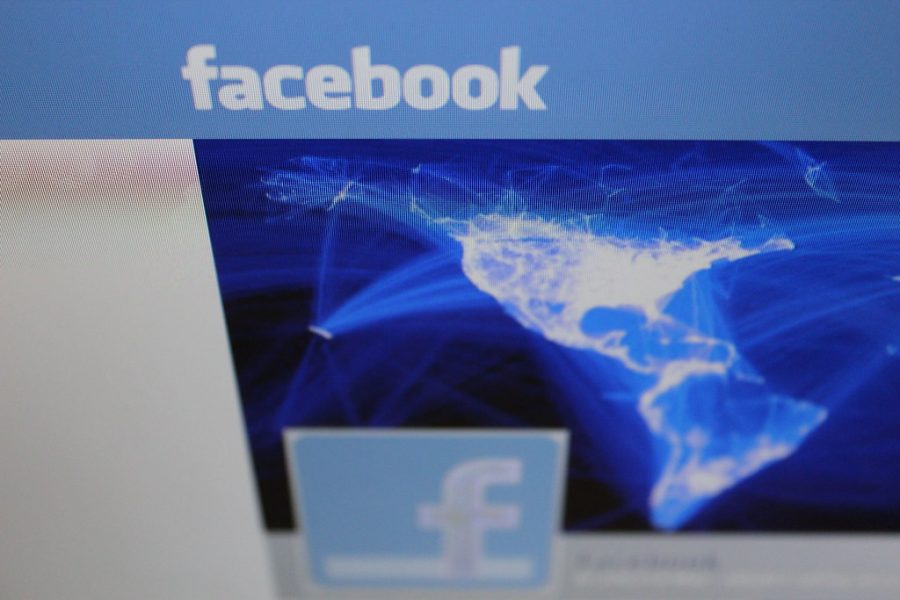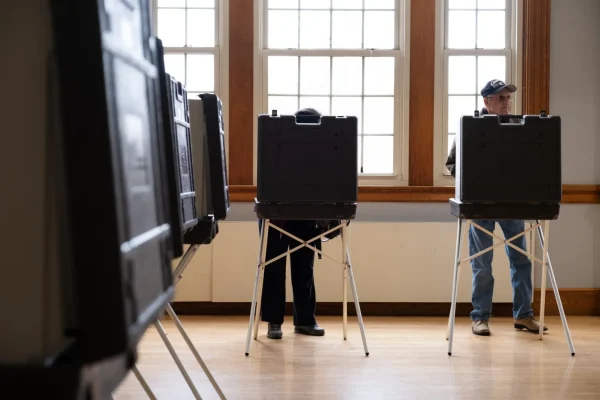Facebook and Twitter remove Russian accounts targeting Americans with political misinformation
On Tuesday, Facebook and Twitter announced the removal of 13 accounts connected to Russian spyware for spreading false news about racial justice and President Donald Trump’s policies.
According to the New York Times, this is the same Russian party that intervened in the 2016 presidential election.
The Russian-supported group’s disinformation program, known as the Internet Research Agency (IRA), is the first confirmation that the organization has been attempting to drive voters away from the Democratic presidential and vice-presidential nominees, Joseph Biden and Kamala Harris, in order to back Trump’s campaign for re-election.
According to Facebook, the Russian operatives used a website for their fake news organization called ‘PeaceData.’
The operatives used realistic-looking computer-generated images of people to pose as the faces behind the accounts, according to Facebook CEO Mark Zuckerberg.
The removal emerged as a result of an FBI tip and was one of a dozen operations linked to the IRA, or individuals associated with it, that Facebook has taken down since the last presidential election when millions of views on the site were gathered from IRA-backed pages.
Facebook said it removed 13 accounts related to the IRA and two pages, which according to the New York Times, were meant to “target public debate in the US.”
Twitter said that they suspended five accounts before they gained a larger following and will continue to remove any content connected to the PeaceData website, according to NPR.
Researchers said that it resembles the Russian misinformation campaigns that aimed to minimize support for Sen. Hillary Clinton’s liberal and minority support in 2016.
“They’re anti-democratic,” Twitter said in a statement, according to the New York Times. “Attempts to manipulate our service to undermine democracy – by both foreign and domestic actors – will be met with strict enforcement of our policies.”
Twitter also said that the content generated by the accounts was “low quality and spammy, and most Tweets from these accounts received few, if any, Likes or Retweets.”

Amanda is a senior majoring in communication with a concentration in journalism, and a double minor in political science and English. She has been involved...









